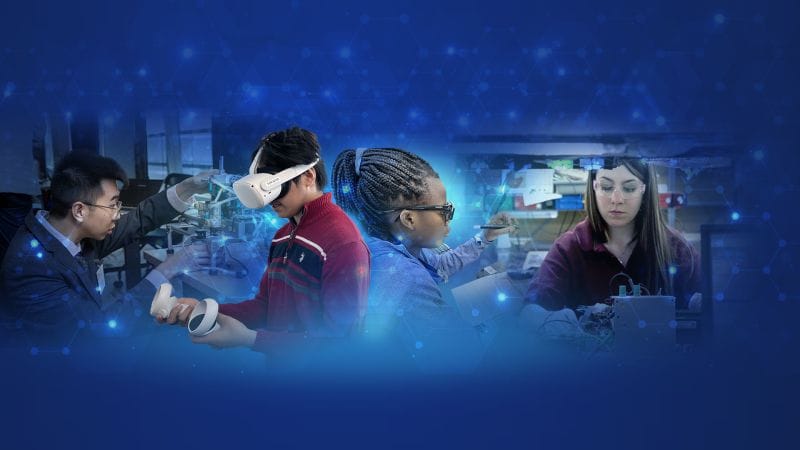RSS feed source: National Science Foundation
The U.S. National Science Foundation National Quantum Virtual Laboratory (NSF NQVL) is coming into sharper focus with the selection of the first four teams that will design high-tech infrastructure to be broadly used across the country. NSF is investing $16 million in the four teams, with each receiving $4 million over two years. The NSF NQVL initiative is an ambitious effort to accelerate the development of useful quantum technologies by providing researchers anywhere in the U.S. with access to specialized resources.
The teams selected by NSF will design practical ways to expand access to the hardware and software needed for quantum science, engineering and technology development, which are currently highly bespoke and concentrated in relatively few labs. Among the design projects are plans to create shareable, networked quantum computers that can be used for experimentation from any location and a “digital twin” (a dynamic simulation that changes and responds to inputs) of a quantum computer that can be used by any U.S. researcher to test and refine new quantum algorithms.
“The National Quantum Virtual Laboratory is a critical bridge between basic discovery and deployment, specifically focused on turning America’s leadership in fundamental quantum science into practical technologies, products, and systems that will strengthen our nation’s competitiveness and ensure U.S. dominance in this field for decades to come,” said Brian Stone, performing the duties of
Click this link to continue reading the article on the source website.



